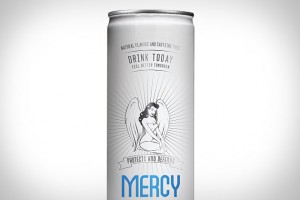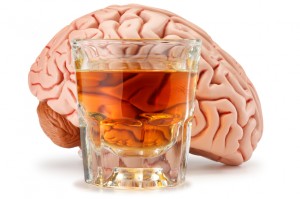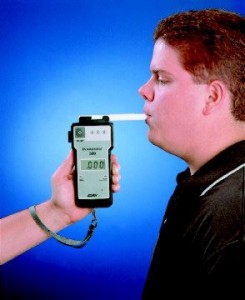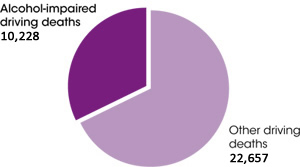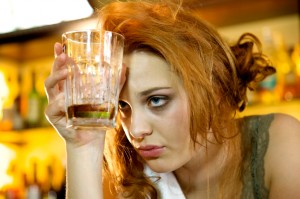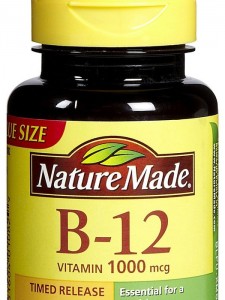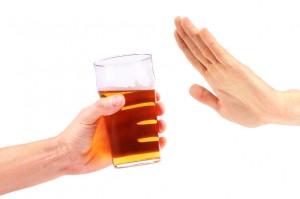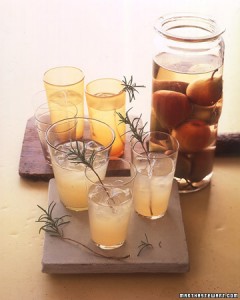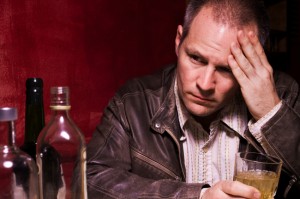Hangover Cures: Drinks
Hangovers are awful! Between the headache, parched mouth, nausea, and muscle aches, you may well be asking yourself why you had those extra 4 tequila shots the night before. While there are no actual cures for a hangover, besides time, there are things you can do to relieve some of the symptoms. Keep in mind that not all hangover “cures” work as well as others.
Hangover Cures: Drinks – Alcohol
“The hair of the dog that bit you”- This is probably the most well known cure for a hangover. It’s also the worst one unless you don’t have anything productive to do for the rest of the day. Drinking more alcohol won’t cure your hangover in the long run-it just gets you drunk again. Your hangover will most likely be worse when you finally feel it because you’re just adding fuel to the fire.
Hangover Cures: Drinks – Gatorade
This is one that actually does help. Gatorade and other sports drinks replenish the body’s electrolytes. Electrolytes are ions in the blood stream that regulate fluid flow across cell membranes. Dehydration is caused by an electrolyte imbalance in the body. The side effects of binge drinking alcohol like vomiting, diarrhea and increased urination can cause the body to rapidly lose electrolytes and become dehydrated. In extreme cases, this dehydration can lead to seizures and even death, which is why it is so important to keep hydrated while drinking.
Hangover Cures: Drinks: Ginger Ale
Ginger ale is a great hangover remedy because ginger treats nausea. The carbonation in ginger ale will also help settle your stomach. Keep in mind, however, that not all brands of ginger ale actually contain ginger, so check before you pick one or it won’t be nearly as effective.
Hangover Cures: Drinks – Peppermint or chamomile tea
These teas are natural antacids so they make good hangover home remedies. For extra relief, use honey instead of sugar to sweeten the tea. Honey contains fructose, which competes with the metabolism of alcohol. This helps a hangover, because the quick metabolism of alcohol is what causes many hangover symptoms.
Hangover Cures: Drinks – Mercy Soda
This product gained popularity when it was Gwyneth Paltrow told news reporters that she swears by it. Mercy soda is marketed as a hangover prevention product, not a hangover remedy. The best time to drink this hangover cure is while or shortly after drinking. Makers of Mercy Soda even suggest that you mix it with your alcohol to make a cocktail. Mercy Soda is said to flush your system of acetaldehyde, the chemical that causes a hangover. It contains amino acids, antioxidants and vitamins.
Hangover Cures: Drinks: Coffee
Contrary to popular opinion, coffee won’t sober you up after you’ve been drinking. It can, however, help with the hangover. Especially if the hangover includes a pounding headache. Caffeine has been clinically shown to react against the chemical compounds of ethanol. Alcohol consumption causes a buildup of acetate, which is what produces a headache the next morning. Caffeine has been shown to reduce the amount of acetate in the system. For best results, take an anti-inflammatory like aspirin with your morning after cup of java.

